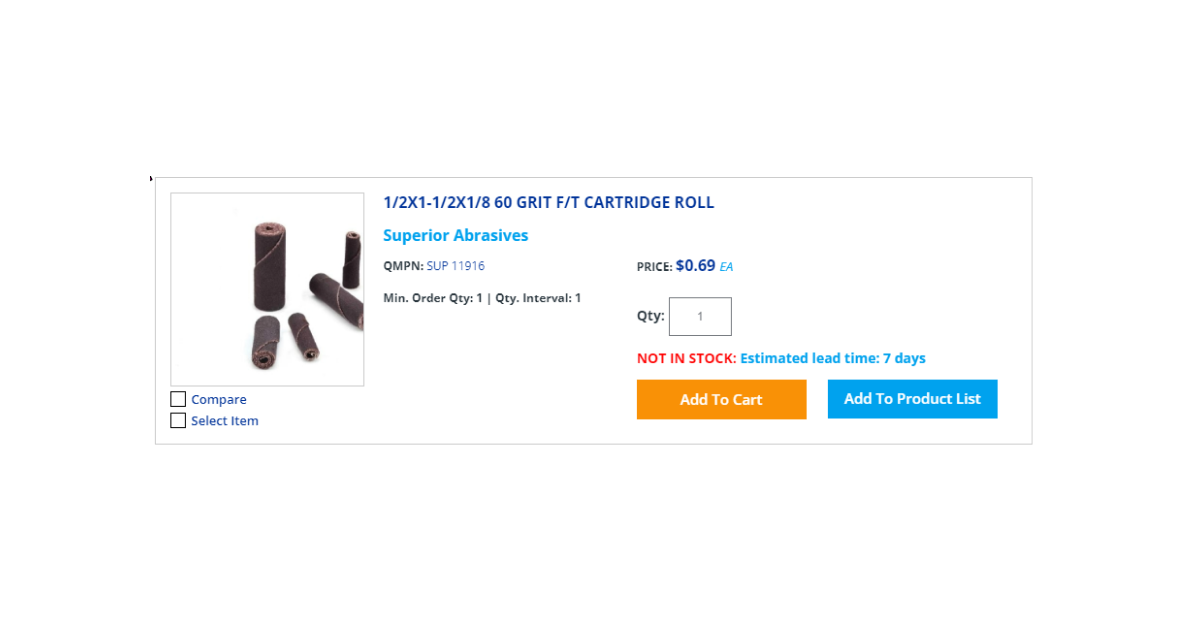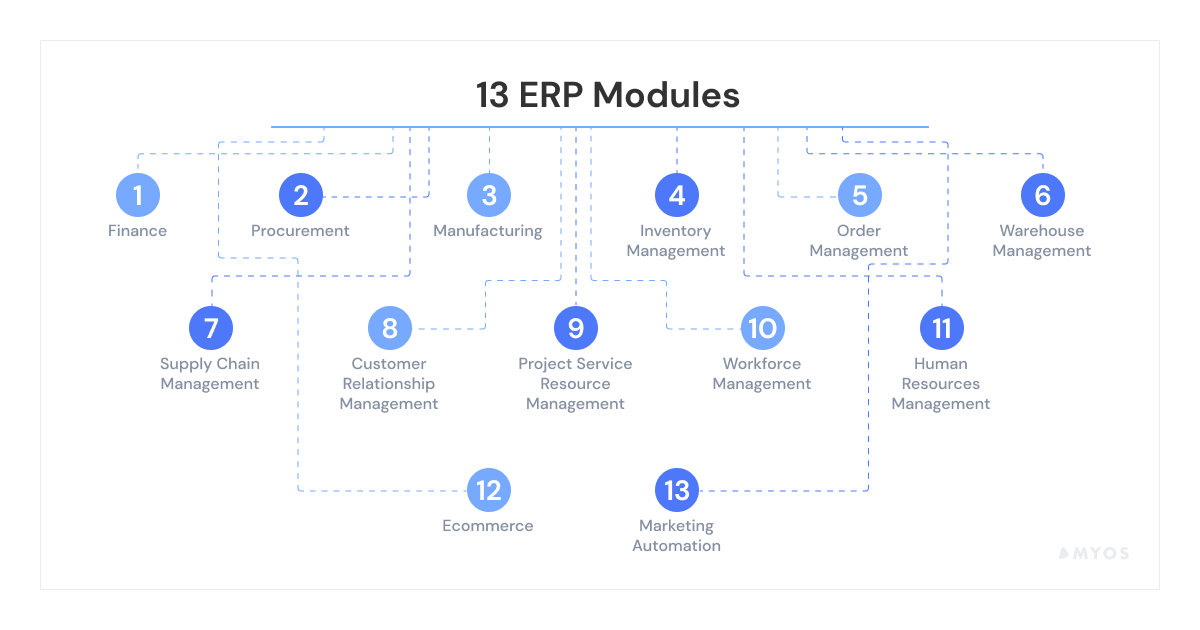
Did you know that by 2023, 17% of B2B sales are predicted to be generated digitally?
You can achieve significant business outcomes by utilizing B2B ecommerce platforms like Shopify, Amazon, BigCommerce, WooCommerce, etc.
Thanks to their vast growth, they enable you to do business with anyone, anywhere in the world, only by pressing a few buttons.
However, with thousands of B2B ecommerce solutions available today, sellers are facing the difficult decision of selecting the best solution for their business.
Furthermore, it is easy to overlook some alternative solutions that may be very prospective for your business strategy.
Today, we'll explain what a B2B ecommerce platform is, how to choose the best one for your business, and a solution to consider when building your B2B ecommerce business.
Let's dive in!
A Business-to-business (B2B) electronic commerce platform refers to a website where products and services can be bought and sold between businesses.
In comparison to business-to-consumer ecommerce, which is straightforward, B2B deals are much more involved.
For instance, business-to-business (B2B) transactions involve:
Now that we've established what it is, let's look at what makes a good B2B platform.
To learn how to choose the best B2B ecommerce platform, we must first understand the essential functionalities that some of these platforms can offer.
Let’s start!
Did you know that 50% of B2B buyers think that improved personalization is a key feature when searching for online suppliers to work with?
And nowadays, brands can't deny that B2B customers want the same great experience as B2C shoppers.
However, different platforms offer varying degrees of customization options. You should pick the one that best matches your needs and preferences.
Here are some examples of solid B2B ecommerce personalization:




To leverage the personalization of your storefront, brands must use customer data, AI, and machine learning to personalize B2B services.
This functionality can help B2B merchants to create a unique experience for better customers service.
Did you know that eMarketer reports a consistent increase in direct-to-consumer ecommerce sales in the United States?
In 2020, analysts predicted a 45.5% year-over-year increase, leading to $111.54 trillion in sales (14% of total retail).
To sell a product directly to the end user (the consumer) without going through any wholesalers or retailers is what is known as "direct-to-consumer" (DTC) marketing.

And as such, DTC competitors are a significant challenge for B2B brands. However, a DTC channel opens a wide range of opportunities, such as:
For instance, the direct-to-consumer (DTC) market in the United States is so valuable that even Chinese brands are beginning to focus on expanding their presence there.
Furthermore, using such business models immediately results in substantial cost savings, which explains their widespread adoption.
For instance, Yelo is a business-to-business (B2B) platform that not only provides a marketplace and an online store for multiple vendors but also allows you to incorporate DTC into your workflow.

An online store's front-end (website) and back-end (customer relationship management and enterprise resource planning systems) have a dynamic but ever-present relationship known as ecommerce integration.
Thus, to keep the ecommerce machine running, the front-end and back-end components must work in tandem to guarantee a steady stream of incoming and outgoing data.

While some B2B sellers can buy expensive ecommerce platforms that require customizations and a team to run, others use third-party apps to keep track of such essential data sets.
The primary benefit of channel bundling is that they provide pre-built connectors to sync data and automate critical processes between ecommerce platforms and back-end systems.
That includes ERP/Accounting, POS, or 3PL to increase operational efficiency and eliminate data processing errors.

Quick processing of B2B orders is functionality that can help you win over your buyers while meeting their expectations.
By utilizing order management software, B2Bs can improve fulfillment efficiency.
They can help businesses to manage orders across multiple sales channels, consolidate data, and simplify logistics operations.
For instance, shipping management applications like Infoplus and Shipedge are web-based warehouse management solutions used by 3PLs to handle orders.
They make it simple to manage your inventory while tracking and managing all logistical operations in one place.

If your business is expanding rapidly, you will have one of the two possible situations:
In both situations, a third-party order management solution might be the best option for your business.
Customized pricing and inventory selections are a necessity in the B2B sector. Unlike B2C, here you can charge different amounts for different customers.
You should choose an ecommerce B2B platform that enables you to provide special treatment to some of your accounts.
But to do that, you need to ensure stable cash-flow and inventory capacity.
Otherwise, you won’t be able to deliver an order on time.
Let’s assume that you’re selling furniture and that you need to deliver an order that exceeds your inventory.
Luckily, Myos allows you to fund your inventory and keep the order going.
All you need is to contact the wholesaler and make the order. Myos will then handle the initial and final payments.
You'll get a shipment of furniture you ordered, so you can start making money right away.

If you decide you need more goods, you can pay back part of the money you loaned from Myos and the furniture will be released outright.
The best part about this ability is that it ensures both expansion of your company and readiness for the busy season.
Business-to-business (B2B) customers have distinct shopping habits from typical consumers.
Here are the most common paying and ordering methods for B2Bs:
So far, credit card payments are the most convenient option for buyers. However, this option can vary from platform to platform.
In a nutshell, you must offer your customers adaptable payment plans that help them achieve their objectives. This will ensure continued success for both your business and its customers.
Your business-to-business (B2B) web store can influence your business-to-consumer (B2C) web store and vice versa.
For example, visitors may decide to look elsewhere if your website uses overly forceful "direct-to-consumer" tactics.
It's also possible that your B2B customers will respond differently to the same marketing materials, brand voice, or products that your typical customers do.
Furthermore, remember that a lack of liquidity can hurt your company before it even gets off the ground.
Thus, it is critical to balance all factors when deciding which platform you'll build an ecommerce storefront.
You can start by asking yourself the following questions:
To build the right ecommerce platform, you must first ensure growth and stock up on supplies.
Failing to do so can result in short-term cash flow, leading to limited flexibility and business growth.
And to get ahead of the curve, you must look for ways to overcome these limitations. Here is where the Myos ecommerce platform can be of long-term assistance.

Myos is a supplier of asset-based financing that can boost your business.
We offer working capital loans from £10,000 to £2,500,000 with interest rates between 1% and 3% on a monthly basis.
Our AI and ML-based technology can analyze the product information and calculate the financing amount without additional manual intervention on your part.
Myos determines credit risk in relation to the marketability of products by mining readily available information on online marketplaces.
The advantages of using Myos to manage your online store's finances are:
Are you prepared to take your ecommerce business to the next level?
Get ecommerce funding today to increase orders and accelerate growth with flexible asset-based financing.